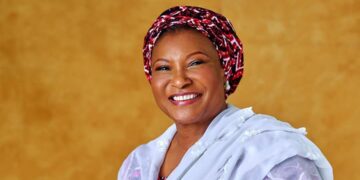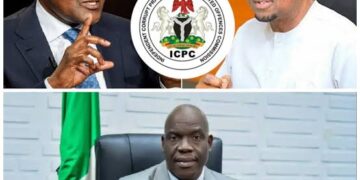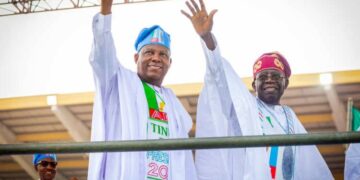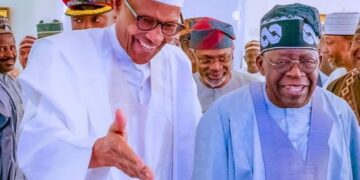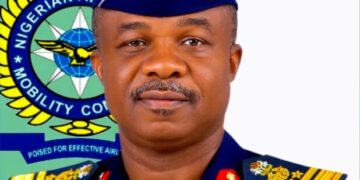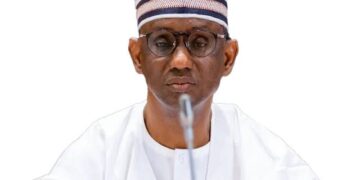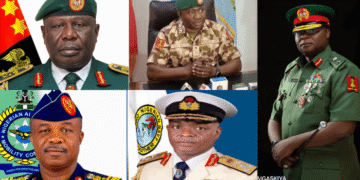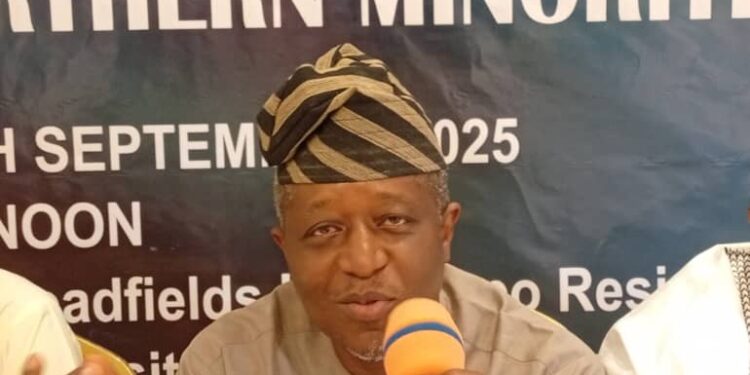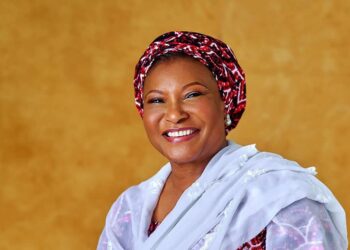By Jacob Edi
Yes, Christians have the right to cry genocide — every right, in fact.
Let’s be honest: if the killings in Plateau, Benue, Owo, Yilwata, and countless other communities — where Christians have been the principal victims — were carried out by a Christian militia against Muslims, would we still be searching for a name to call it? Of course not. It would have been declared genocide before the first press conference ended.
The hypocrisy is galling.
Let’s stop pretending.
Christians are right to call these killings what they are. There would have been a full-scale war if the victims were Muslims. Remember Uromi. Remember the tension. Remember how Governor Monday Okpebholo practically had to prostrate before the crowd to prove his government did not order the attack.
Now, tell me — how many northern governors have ever done so much as issue a statement to condemn or even appeal for calm after Christians were slaughtered in their states?
Thrice, Christian worshippers in Gombe have been mowed down by truck drivers in incidents that appeared deliberate. I can’t recall if the government of Gombe ever issued a formal statement to appeal to the Christian community. Yet when former presidential aide Ahmed Gulak was attacked and killed in the South East, there were pockets of protests across the North.
And this silence is not innocent. It is the silence of convenience — of cowardice — of politics dressed in religion. When Atiku Abubakar deleted a tweet condemning the cold-blooded beheading of Deborah Yakubu in Sokoto, just so he would not offend his Muslim brothers, that silence became policy. That single incident told Nigerians where our moral compass truly points.
These examples are legion. Yet we keep hearing from those in power that there is “no genocide,” as if repeating a denial makes it less real. But facts are stubborn things. Graves don’t lie. Widows don’t hallucinate. Those who lost loved ones don’t imagine gunfire. And orphans don’t fabricate the deaths of their parents.
I understand the government’s instinct to protect national unity — but unity that rests on denial is fragile and false. It is unsustainable. To continue insisting that there’s no genocide is to side with the perpetrators by default. It is unreasonable, insensitive, and morally bankrupt.
To be fair, the Tinubu administration appears more responsive than its predecessor. The President has shown intent to confront insecurity, even when the system he inherited is riddled with rot.
But the truth must still be said: under former President Buhari, it was difficult — nearly impossible — to absolve the government of complicity. In eight years, that administration could not negotiate the release of Leah Sharibu, the only Christian girl left behind by her abductors. Her Muslim colleagues were freed, and the government celebrated that as an achievement. If Leah had a different name or a different faith, would she still be in captivity today? That question answers itself.
Can’t you see?
It is, therefore, a hard sell to convince Christians that there’s no genocide against them. We’ve seen too much, buried too many, and heard too many official lies to be consoled by another round of denials.
The government must, as a matter of national urgency, release details of terror attacks — the names of those behind them, those funding them, details of those helicopters reportedly dropping food, ammunition, and money for terrorists in the forests, and the channels through which ransom money moves. Nigerians deserve to know how kidnappers receive and transmit millions across borders under the watch of security agencies. Transparency is not optional; it is the first duty of any state that still pretends to value its citizens.
Oh yes — isn’t it about time Nigerians were told about the officer in the office of the National Security Adviser who looked the other way while a detained Binance executive sneaked away from the mosque?
The President need not go hunting abroad for answers. The rot is domestic. The files, the phone records, the bank trails, the compromised officers — these things lie within reach of sober investigation.
Start there.
Name names.
Publish the evidence.
Allow the country to judge — and to heal.
We must also pledge collective resistance to every force, foreign or domestic, that seeks to exploit our fractures. External actors who grandstand by aligning with one faith or region only deepen the fissures that kill us. Some foreign politicians court votes by posturing as defenders of one religion; they view our fractured fabric as a stage on which to perform. Let them perform elsewhere. Our sovereignty is not a prop for someone else’s campaign rally.
What if you were told that President Trump simply seized an opportunity — to tell those evangelicals in America’s South and Midwest what they wanted to hear as he faces midterm elections? In the game of survival, only survival matters. Trump can do anything to survive.
And let there be no ambiguity: no Nigerian — irrespective of tribe, creed, or station — deserves to be hunted and slaughtered like prey by ideologues drunk on violence. The sanctity of human life is not negotiable. To reduce citizens to fodder in a priestly war of narratives is to prove that the state has failed at its most basic task.
If we are to remain one nation, then moral courage must be mutual. The price of silence is paid in blood. The currency of denial buys only more graves. We must refuse that economy.
Nigeria is, and must remain, a sovereign state — but sovereignty that shirks justice is hypocrisy. Sovereignty without accountability degrades into impunity. If the state cannot call evil by its proper name, then the people will — and history will bear witness.
* Chief Jacob Edi is the leader of Northern Nigeria Minority Group ( NNMG)

